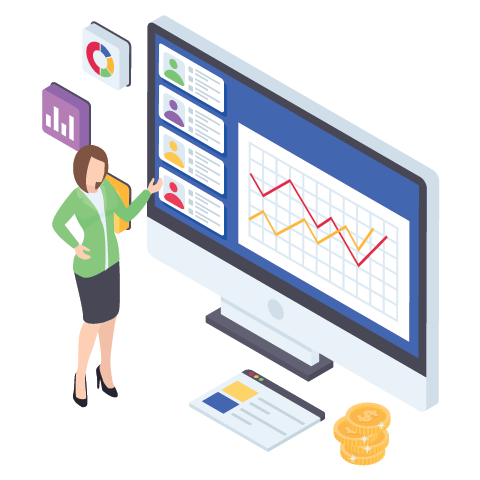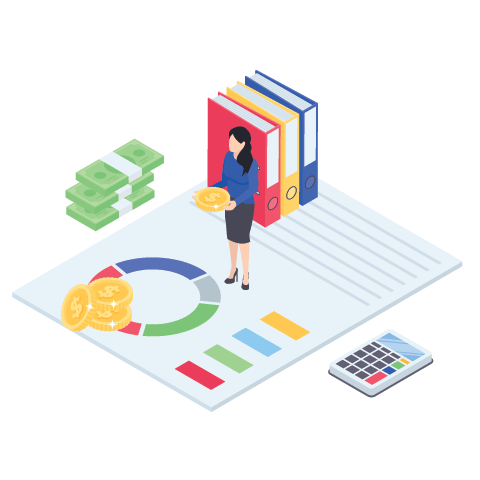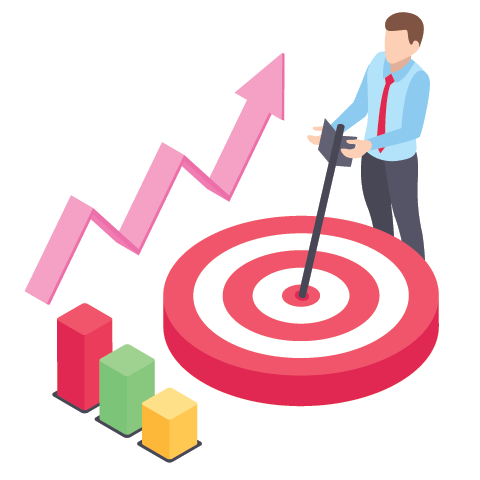Course Details
Data Science is about using data to solve problems and make informed decisions. It’s not just about algorithms — it’s about understanding data, asking the right questions, and turning insights into action.With the explosion of data in every industry, data scientists are in high demand. The field is evolving rapidly with advances in AI, big data, and cloud technologies — so it's exciting, dynamic, and full of opportunities.

Data Science
Data Science is the interdisciplinary field that uses scientific methods, algorithms, processes, and systems to extract knowledge and insights from structured and unstructured data.Data Science is used to solve complex real-world problems by analyzing data and building predictive models, enabling data-driven decision-making.
Course Fee
50,000
Available Seats
30
Schedule
11.00 am - 1.00 pm
Core Components of Data Science
Data Collection: Gathering data from various sources.
Data Cleaning & Preprocessing: Raw data is messy. Preprocessing includes Handling missing values, Removing duplicates etc.
Exploratory Data Analysis (EDA): Understanding patterns, anomalies, correlations using Descriptive statistics (mean, median, std),Data visualization (with Matplotlib, Seaborn, Plotly) and Correlation matrices etc.

Key Fields Within Data Science
Machine Learning (ML):Algorithms that learn from data to make predictions or decisions.
Deep Learning (DL): Subset of ML using neural networks (used in image, speech, text processing).
Natural Language Processing (NLP): Understanding and generating human language (chatbots, sentiment analysis).

Tools & Technologies in Data Science
Programming Languages: Python (most popular), R (especially in academia/statistics),SQL, Scala / Java (for big data),Julia (gaining traction)
Platforms:Cloud Platforms: AWS, Azure, GCP ML Platforms: SageMaker, Vertex AI, Databricks Version Control: Git, DVC
Tools: Jupyter Notebooks,VS Code, PyCharm,Google Colab / Kaggle Kernels, Docker & Kubernetes (for deployment), Airflow, Prefect (for data pipelines)

Real-World Applications
Industry: Applications
Healthcare: Disease prediction, medical image analysis, drug discovery
Finance: Fraud detection, algorithmic trading, credit scoring
Retail: Recommendation systems, customer segmentation, demand forecasting
Transportation: Route optimization, self-driving cars, predictive maintenance
Marketing: Customer lifetime value prediction, churn analysis, sentiment analysis

How to Learn Data Science
Learn Python & SQL,Study Statistics & Probability
Understand ML Algorithms, Work on Projects (Kaggle, GitHub)
Read Research Papers/Blogs,Take Courses (Coursera, edX, Udemy, DataCamp)
Build a Portfolio
Contribute to Open Source or Competitions
